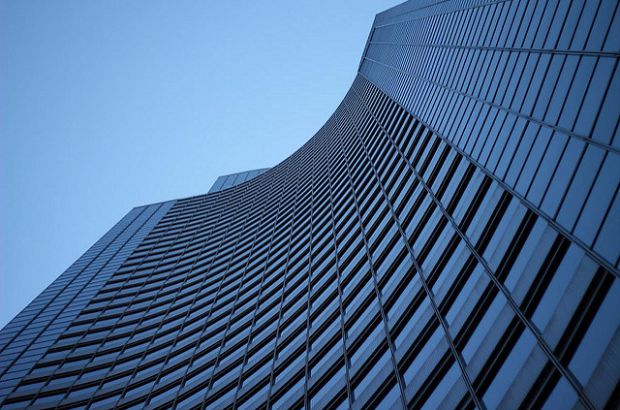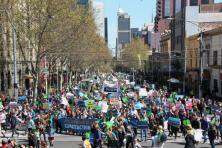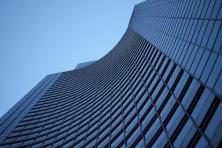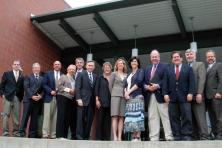On March 10 Seattle took a key step on its path to be carbon neutral by 2050, when Mayor Ed Murray signed three energy efficiency ordinances that will reduce carbon pollution in the building sector.
Although Seattle gets nearly carbon-neutral electricity from municipally-run Seattle City Light, roughly a third of the city’s carbon footprint comes from the built environment—primarily due to fossil gas use for heating and hot water. As Mayor Murray noted, “Buildings are the second largest source of climate pollution in Seattle and reducing their emissions is critical to meeting our city’s ambitious climate goals.”
The trio of laws does will accomplish the following:
- Amend Seattle’s existing building energy benchmarking law to include public transparency of building energy performance. While owners of large commercial buildings in Seattle already report their annual energy consumption to the City, this updated ordinance will make that information public.
- Require that commercial buildings with floor area of 50,000 square feet and higher conduct “tune-ups” every five years to make building operations more efficient, at low or no cost.
- Lead by example, conducting tune-ups on existing City buildings a year in advance of the commercial tune-up deadline.
Of the 15 cities in the U.S. that have building energy benchmarking laws, Seattle and Austin, TX were the only ones without transparency requirements. This transparency ordinance puts Seattle back on pace with its peers in building energy efficiency.
New York City has a similar tune-up requirement, and a recent U.S. Department of Energy analysis found that New York City’s program led to almost 6 percent energy use reduction, almost 10 percent carbon emissions reduction, and the creation of over 7,000 jobs, all in the first three years of implementation.
Energy efficiency is the lowest-cost energy resource for the Northwest, the most effective way to ensure continued low-cost electric supply for all customers, and a crucial building block to achieve our collective carbon reduction goals.
Seattle’s new law will make building performance more visible in the real estate market; empower customers to understand how buildings are performing; reward building owners and managers for high energy performance; and develop a more robust market for building energy efficiency.





